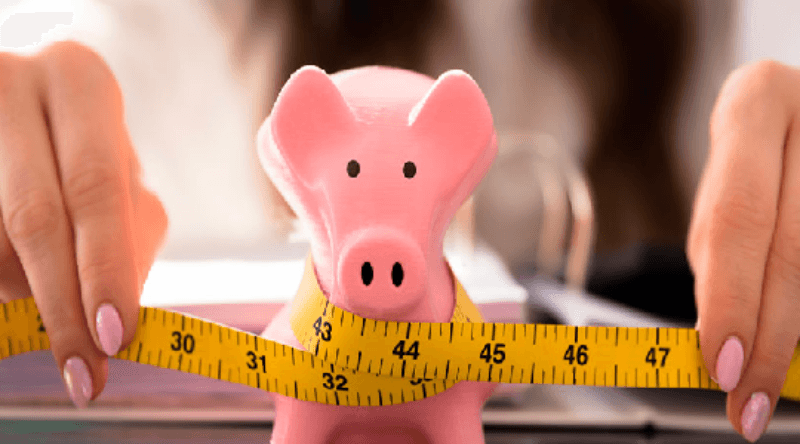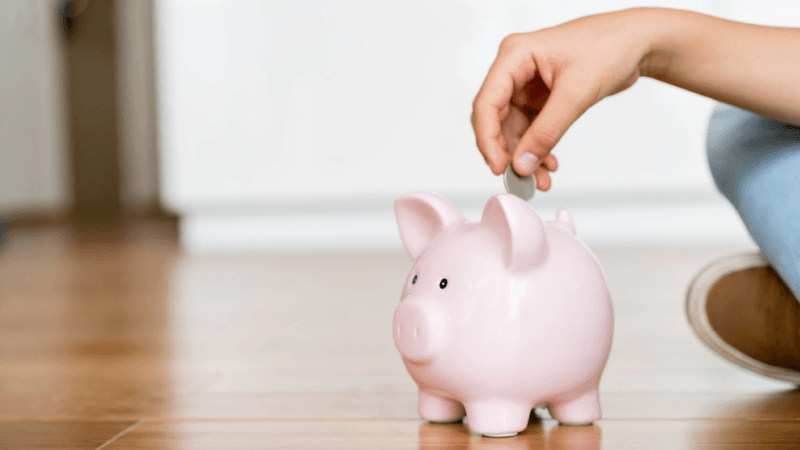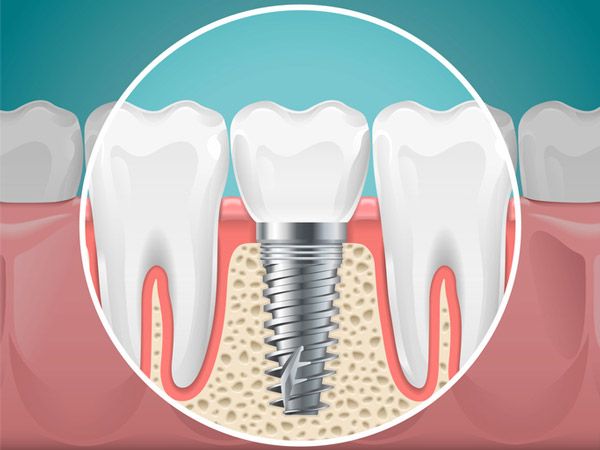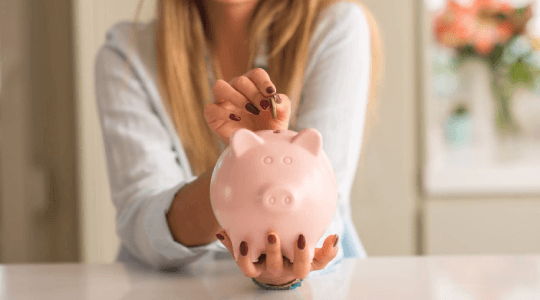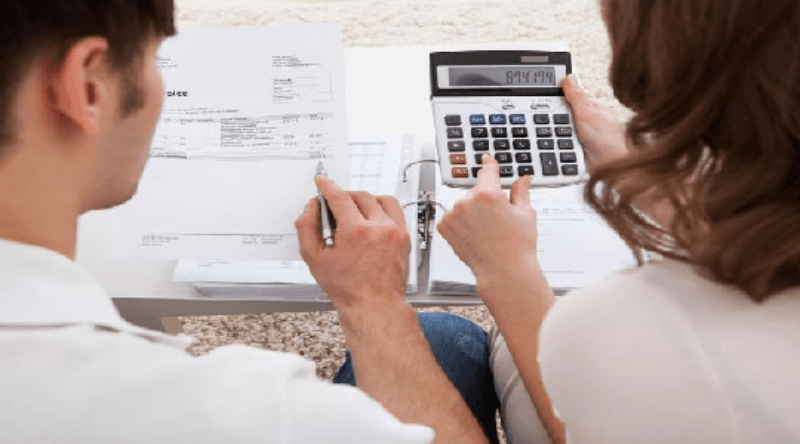
Debt is a reality for many people, and it can cause a lot of stress and worry. However, all is not lost: there are smart ways to pay off your debts and get ahead. In this article, we'll give you five key tips to help you manage your debt effectively and responsibly.
Evaluate your debts
The first thing you need to do to pay off your debts the smart way is to assess your current situation. Make a list of all your debts, including the total amount, interest rate and due date. This way, you'll have a clear picture of how much you owe and when it's due.
Once you have evaluated your debts, prioritize which ones are the most urgent. Those with higher interest rates should be paid first since they accumulate more interest over time.
You should also consider whether you have the financial capacity to pay off all your debts at the same time or if you need to create a long-term payment plan. If so, talk to your creditors to negotiate payment plans that are manageable for you.
Make a budget
One of the keys to paying off your debts wisely is to have a clear and realistic budget. To do this, you should make a detailed list of your monthly income and expenses, separating those that are fixed (such as rent or mortgage) from those that are variable (such as food or entertainment).
Once you have a clear idea of how much money is coming in and going out each month, you can identify where you can cut back. For example, perhaps you can save money on public transportation by changing your route or buying a monthly pass. Or maybe you can cut back on eating out and prepare your meals at home.
With a well-planned budget, you can set realistic goals for paying off your debts. You can start by prioritizing those with higher interest rates or looking for options to consolidate them into one monthly payment. Remember that the important thing is to be consistent and disciplined in your financial planning.
Prioritize your debts
It is important to identify which are your most urgent debts and/or those with higher interest rates in order to prioritize them. If you have several debts, it is advisable to make a list ordered by their importance.
Once you have prioritized your debts, it is important that you focus on paying the most urgent or the one with the highest interest rate. This will allow you to reduce the total amount you will have to pay in the long run.
It is also important that, if you have the possibility, you negotiate with creditors to find a solution that is viable for you and allows you to pay your debts without affecting your economy too much.
Remember that paying your debts in a smart way is key to achieve financial stability and avoid falling into unfavorable situations in the future.
Paying debts with higher interest rates first
One of the smartest strategies to pay your debts is to start with those that have the highest interest rates. If you have several debts with different interest rates, it is important to identify which ones are costing you the most money and start with them.
For example, if you have a credit card with a 25% interest rate and a personal loan with a 10% interest rate, you should focus on paying off the credit card first. This way, you will be reducing the amount you owe and saving money on interest.
It is also important to remember that, although paying off the most expensive debts first can be beneficial in the long run, you should not neglect the minimum payment on other debts. If you miss minimum payments, you could incur additional fees and affect your credit history.
Pay off debts with shorter terms first
A smart way to pay off your debts is to start with those that have shorter terms. This will allow you to eliminate them quickly and reduce the amount of interest you will have to pay in the future.
If you have several debts with different terms, you can make a list and sort them according to their length. Then, focus on paying off the first debt on the list with as much extra money as you can save each month, while continuing to make minimum payments on the others.
Once you have paid off the first debt, use the extra money to pay off the next one on the list and so on. This method is called "Snowballing" and can be very effective in getting out of debt faster.
Look for alternatives to reduce the cost of your debt
If you are struggling with debt, you may want to look for ways to reduce the interest and associated fees. Some options to consider include:
- Balance transfers: If you have a credit card with a high rate, you can transfer the balance to a card with a lower rate. This can help you save money on interest.
- Debt consolidation: If you have several debts, consolidation can help you combine them into one monthly payment. This can simplify the process and reduce late fees.
- Negotiating with creditors: If you are having difficulty making your payments, you may be able to negotiate with your creditors for more favorable payment terms. This could include interest rate reductions or flexible payment plans.
- Seek financial advice: A financial advisor can help you develop a plan to pay off your debts and improve your overall financial situation.
It is also important to be proactive in making payments and avoiding late fees. If you are struggling to make payments, don't hesitate to seek help as soon as possible.
Negotiate with creditors to get better terms
If you are having difficulty paying your debts, it is important to talk to your creditors and negotiate new payment terms that are better for you. Often, creditors are willing to make concessions to customers who demonstrate commitment and good faith.
A common option is to request a reduction in the interest rate or a longer installment payment plan. You can also ask for a reduction in the amount of the debt or a lump sum payment that allows you to settle the account once and for all.
It is important to keep in mind that any agreement you make with your creditors must be realistic and sustainable for you. If you can't meet the terms agreed upon, you will only worsen your financial situation and your credit history.
Consolidate your debts into a single loan with a lower interest rate
A smart way to pay off your debts is to consolidate them into one loan with a lower interest rate and terms that are more convenient for you. This way, you can reduce the total amount you pay on your debts and simplify your monthly payments.
You may consider applying for a personal loan or a line of credit to consolidate your debts. Before doing so, be sure to compare different options and analyze which one suits you best in terms of interest rates, terms and fees.
It is also important to keep in mind that by consolidating your debts, you are not eliminating the obligation to pay them, but simply transferring them to another lender. Therefore, it is essential that you change your financial habits and control your spending to avoid falling into the same situation again.
Consider transferring balances to credit cards with low promotional rates
A smart strategy to pay off your debts is to look for credit cards that offer low promotional rates to transfer your balances from other cards with higher rates. It is important to carefully read the terms and conditions of the destination card, including the length of the promotional rate and any balance transfer fees.
Remember that this strategy will only work if you are able to pay off the transferred balance before the promotional period ends. Otherwise, you may end up paying a higher rate than before.
Follow your plan and make adjustments if necessary
Once you've created a plan for paying off your debts, it's important to stick to it. This means making on-time payments each month and not spending money unnecessarily. If you find yourself struggling to stick to your payment plan, don't despair. Instead of abandoning it altogether, try making some adjustments. Perhaps you can reduce your monthly expenses or look for ways to increase your income.
Remember that the process of paying off your debts can take time, but with discipline and perseverance, you can achieve the financial freedom you're looking for.
Seek help if you feel overwhelmed by your debts
If your debts are affecting your ability to meet your financial obligations, it's important to seek help. You don't have to deal with this alone.
You might consider reaching out to a financial counselor or a nonprofit credit counseling agency for guidance and support. These professionals can help you develop a debt repayment plan, negotiate with your creditors and find ways to reduce the interest and fees associated with your debts.
Remember that it is important to proactively address your debts and not ignore them. With the right help, you can take steps to pay off your debts and regain your financial stability.

